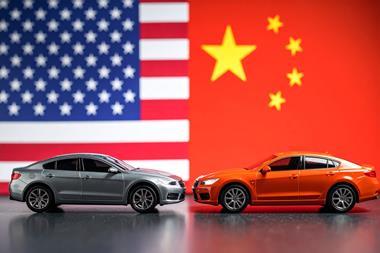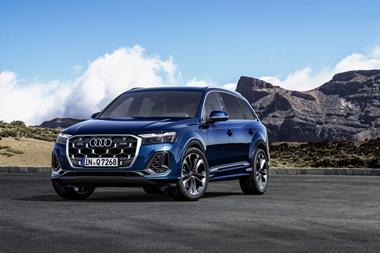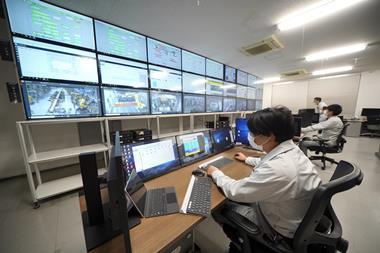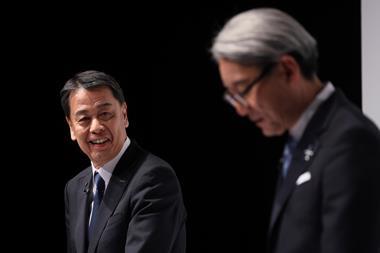Mitsubishi has revealed that is has been talking to fellow Alliance member Nissan about joint production opportunities in the US. Details have not been released yet, but it may involve using already existing Nissan plants.
In a recent announcement, Mitsubishi Motors Corporation revealed that it has started conversations with Nissan Motor Company about beginning joint production in the US.
Takao Kato, Mitsubishi Motor’s president, said that increasing production in the US is “essential” to keep selling vehicles in the region.

While finalised details have not been revealed, it is likely that the production will focus on a BEV based on Nissan’s LEAF. Mitsubishi’s Outlander SUV made up two-thirds of its US sales at the start of 2025, with the carmaker selling almost 32,000 units in Q1 alone. However, Mitsubishi has no production facilities within the US and so is solely reliant on imports. As such, the company hopes to tap into Nissan’s US manufacturing and production sites, as well as its domestic logistics network, to increase its output of US-made vehicles.
The two Alliance members have already made plans to synergise outputs, with Mitsubishi also announcing that will begin selling an own-branded version of Nissan’s Rogue SUV in addition to the LEAF-based BEV in the US. For the former, this will begin later this year but the EV won’t hit the market until late 2026. Similarly, the two companies are co-developing a new line of BEVs and ICE models for sale in Asian markets, as well as partnering with fellow Alliance member Renault for a BEV and SUV range in Europe.
Nissan has already made headway into localisation US production
The collaboration has been spurred by the recent tariff action initiated by the US government over the last two months. The automotive sector was one of the worst impacted by these tariffs as import duties on finished vehicles skyrocketed, causing many OEMs – both domestic and foreign – to incur significant costs in the short-term and warn of losses and lower financial forecasts in the long term.
As a result, more OEMs are looking to localise their production – not just in the US, but in core regions around the world. Increasing domestic production reduces the disruption that changing tariffs and trade policies can have on the supply chain, increasing overall resiliency and adaptability to change. Increased levels of localisation also have sustainability benefits, as parts and finished vehicles have less distance to travel to get to markets, aiding in decarbonisation strategies.
Nissan has heavily invested into its US production, strengthening its North American footprint in a means to capitalise on these benefits. Part of this is improving its domestic partnerships, as explained by Ben Shain, senior manager of vehicle logistics at Nissan North America, when he sat down on the Red Sofa at Finished Vehicle Logistics North America earlier this year. Shain describes how increased granularity in data analysis and regular review and planning meetings with partners has helped the carmaker root out inefficiencies across the network – it is this optimised network and in-place expertise that Mitsubishi may hope to leverage as part of this new agreement.
To learn more about the role that nearshoring can play in improving supply chain resiliency, check out the Top 10 Nearshoring Red Sofas, featuring experts from across the sector:
Expert perspectives on nearshoring: Top 10 Red Sofa interviews on supply chain strategy








































No comments yet